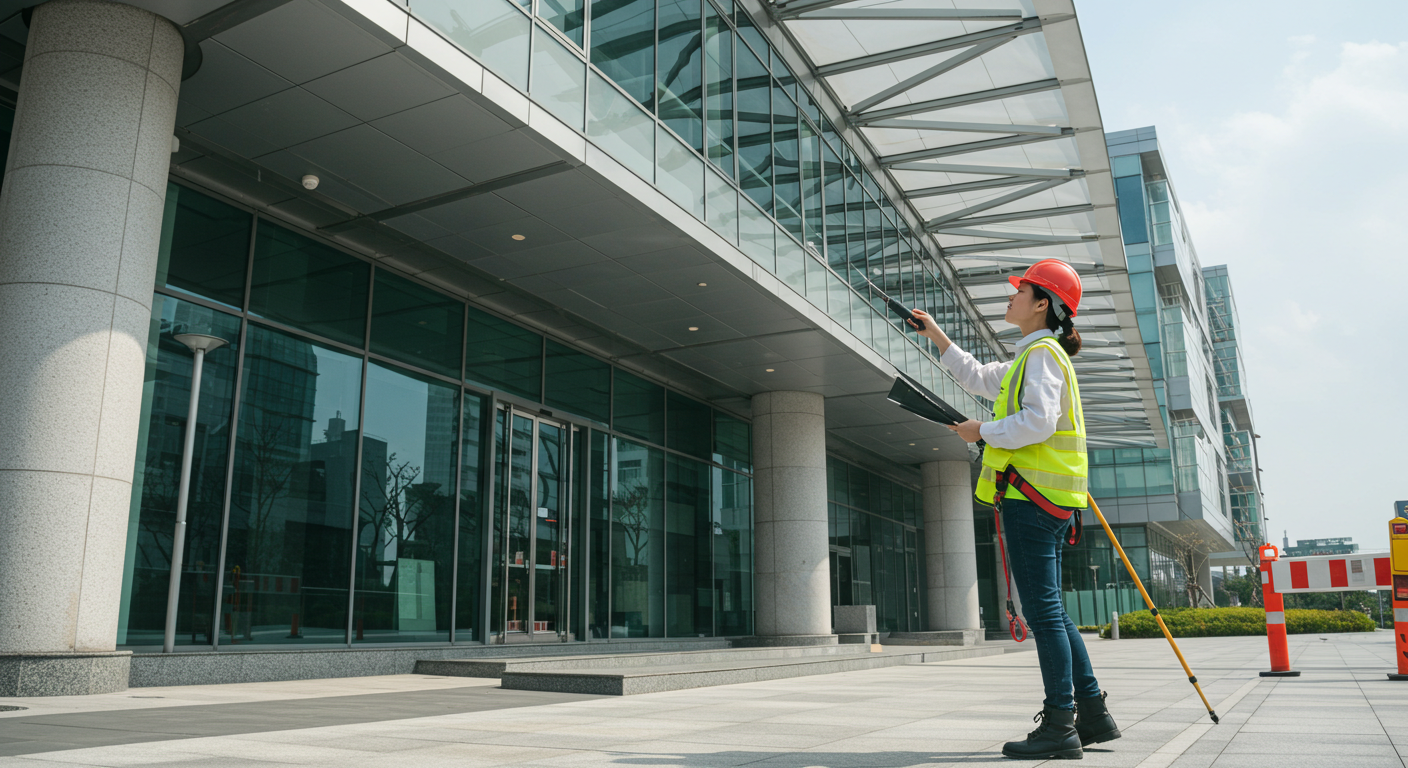
Purchasing a commercial property can be one of the most significant investments you will make in your business journey. However, this venture isn’t without its pitfalls. Before you dive in, it’s crucial to comprehend the importance of a thorough commercial property inspection and how it shields your interests.
Understanding the Essentials of a Commercial Property Inspection
A commercial property inspection is a detailed assessment aimed at evaluating the physical condition of commercial real estate. This process is essential as it unveils potential issues that could affect not only the property’s safety and functionality but also its marketability.
Imagine you’re purchasing a new car. Before making that purchase, you’d likely take it for a test drive, right? The same principle applies here. A comprehensive inspection will analyze various components of the property, giving you the power to make a well-informed decision.
The Comprehensive Steps Involved in the Inspection Process
The inspection process typically unfolds systematically, ensuring nothing is overlooked. Here are the fundamental steps involved:
- Preliminary Research: Collect relevant documents like building plans and maintenance history to guide the inspector.
- Exterior Examination: Inspect exterior walls, roofs, and windows for signs of wear and tear.
- Critical Systems Evaluation: Assess the integrity of electrical, plumbing, heating, ventilation, and air conditioning systems.
- Interior Inspections: Tours through various spaces, including offices and restrooms, checking for safety hazards and compliance.
- Reporting Findings: Document and compile a detailed report, highlighting any defects and their repair costs.
Why Is a Commercial Inspection Necessary?
A commercial inspection serves numerous indispensable purposes. Here are a few key reasons why investing time and effort into this process is vital:
1. Uncover Hidden Issues: Sometimes, underlying issues such as faulty wiring or mold infestations may not be immediately visible. A professional inspector can discover these hidden dangers, helping you avoid potential financial disasters.
2. Ensure Compliance: Ensuring that a property adheres to local building codes and safety regulations can save you from legal headaches down the line. Compliance is non-negotiable when it comes to securing a stable business operation.
3. Financial Advantage: Inspecting a property enables you to determine its fair market value and negotiate purchase terms accordingly. If significant repairs are necessary, you may be able to renegotiate or withdraw your offer entirely.
Key Findings to Watch For During Inspections
While going through the inspection journey, several critical red flags should be on your radar:
- Structural Deficiencies: Look for signs of cracks in walls and foundation movement.
- Electrical Hazards: Outdated wiring or overloaded circuits can lead to serious fire risks.
- Plumbing Problems: Check for leaks and the overall condition of the plumbing systems to prevent costly repairs.
- Insufficient Safety Systems: Ensure that the property is equipped with functional fire alarms and sprinklers.
These concerns can significantly impact not only the property’s value but also its safety for occupants.
Commercial vs. Residential Inspections: Understanding the Differences
Though the ultimate goal of any property inspection is to assess condition, the dynamics within commercial and residential inspections differ profoundly. Recognizing these differences is essential for navigating the commercial real estate landscape.
1. Complexity: Commercial properties often possess intricate systems and diverse spaces that require specialized attention, unlike residential properties.
2. Regulations: Commercial properties are subject to a broader range of laws and codes, necessitating a deeper understanding of local regulations.
3. Risk Assessment: The stakes are higher. Any issues identified can lead to significant financial losses or safety violations.
Preparing for the Inspection
Preparation is key to maximizing the effectiveness of your commercial property inspection. Here’s how to get prepared:
1. Gather Relevant Documents: Collect maintenance records and previous inspection reports.
2. Clear Access Areas: Ensure that critical systems like HVAC units, basements, and roofs are accessible for thorough inspection.
3. List Specific Concerns: If you’ve noticed any issues, make sure to note them for discussion during the inspection.
4. Be Present: Your involvement in the inspection process allows for real-time inquiries and clarifications, enhancing your understanding of the findings.
To further empower your commercial property investment journey, consider contacting EM Professional Services for expert assistance and comprehensive services tailored to your needs.

